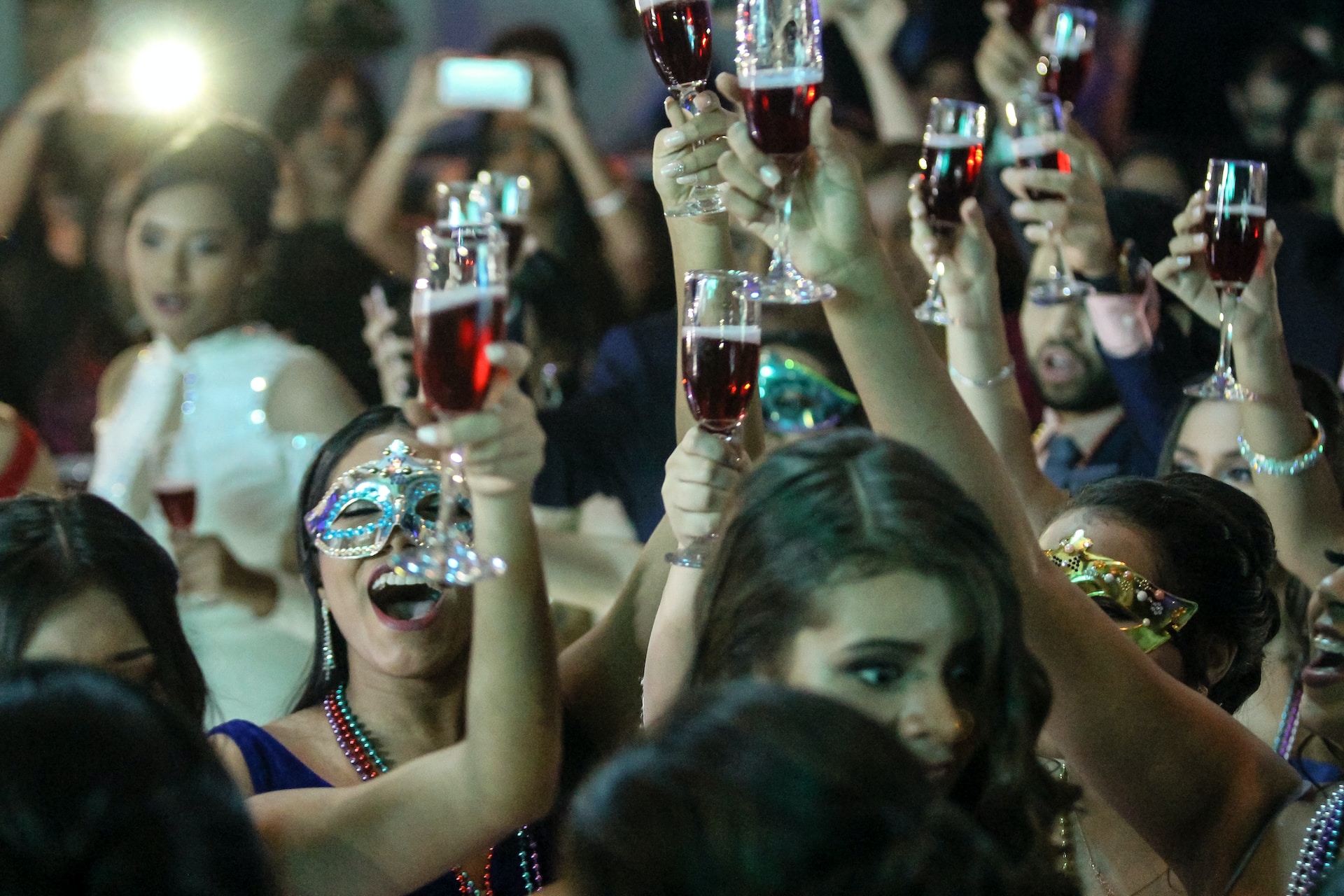Business and Economy
Prom price index shows cost of celebration is getting relatively cheaper – even at a time of high inflation

Proms have been around since at least the end of the 1800s and are a signature high school experience. (File photo: Efren Barahona/Unsplash)
Going to the prom can be an expensive affair for cash-strapped teenagers. Past estimates and surveys put the average cost anywhere from US$600 to $1,000 or more. Some teens reportedly spend upward of $2,000 on the traditional dancing ritual at the end of high school – and that’s not including an over-the-top after-prom party.
But with inflation running at the fastest pace since the 1980s over the past year, has the price of prom jumped in cost too?
As an economist, I became curious about the cost of proms back in 2014, when my daughter attended the dance. After tallying up how much this rite of passage was costing me, I started tracking the costs over time. What I found surprised me – and will likely delight any parent helping cover the cost of their teenager’s big day.
A centuries-old tradition
Proms have been around since at least the end of the 1800s and are a signature high school experience.
Proms have been featured in Broadway plays and in movies ranging from horror to comedy. Traditions surrounding prom are changing, with newer twists like going without a date or wearing nontraditional clothes.
Given the high price of buying dresses, renting tuxedos and even the tickets themselves, articles are full of ideas on how to save money.
While the social and cultural aspects are interesting, my training leads me to consider the more financial and economic aspect of things.
Fundamentally, when the prom’s price goes down, more teens can afford to go, and it becomes a more inclusive shared experience. When the price rises, however, the prom becomes a more exclusive social event attended mostly by those with wealthier parents, resulting in fewer common shared experiences. The high cost is one reason why only about half of all Americans attended their prom.
And even for people not directly connected to the high school experience, the price of the prom is important. The U.S. is a melting pot of different cultures, religions and ethnic groups. Tying these disparate groups together is a variety of common shared experiences, such as celebrating the Fourth of July, eating turkey at Thanksgiving and, for teens, experiencing the prom.
The prom price index
Official statistics do not track the cost of going to the prom directly. However, the Bureau of Labor Statistics follows the prices of hundreds of individual items from prepared salads to doughnuts. The consumer price index includes many things teens typically spend money on for the prom.
I created a prom price index from 10 of the consumer price index’s components, including dresses, suits, shoes, photographers and haircuts. I even crunched data on the price of beer, which covers the age-old tradition of sneaking in a drink when the adults are not looking.
The consumer price index does not specifically cover common prom purchases like limousine rentals, corsages, boutonnières and bouquets but does track “car rentals” and “indoor flowers,” which are pretty close categories that I included in my index.
The hardest category to match was the cost of prom tickets. This is not as much of a problem as I expected because the price of the ticket turned out to be not the biggest part of the total cost. The closest category was “full service meals,” even though from the stories I heard almost none of the attendees spent much time actually eating.
Besides crunching the data since last year, I also peeked back in time to 1998 to get more data to understand the trends over the last quarter century.
Prom is getting relatively cheaper
Averaging these 10 categories shows that the cost of prom isn’t keeping up with overall inflation – good news for today’s teens.
My prom price index climbed about 11% in March 2023 – the latest data available – from two years earlier, which is around the time when inflation began to surge. That compares with nearly 14% for overall consumer prices.
Going back a bit further, I found that the average price of proms has been climbing at a much slower pace than overall inflation for quite a while. In fact, since 1998, prom prices have risen just 40% through March 2023, less than half the 86% gain in the consumer price index over the same period.
The primary reason the prom inflation is so much less is that the cost of items like clothing and shoes hasn’t increased in price much over the past couple of decades – or even fallen. Since 1998, the average price of men’s shoes, for example, has gained only 12%, while the price of men’s sport coats has actually plunged 25%. Even the cost of one of the most expensive items needed for the prom, women’s dresses, has dropped 12%.
Not every prom category saw price restraint. Full-service restaurant meals and haircuts have approximately doubled in price since 1998, while beer and car rentals have climbed just under the level of overall inflation.
Proms will never be cheap. However, it is nice to know that over time, the real cost of attending this rite of passage is falling even with the recent sharp jump in inflation.![]()
Jay L. Zagorsky, Clinical Associate Professor, Boston University
This article is republished from The Conversation under a Creative Commons license. Read the original article.





















